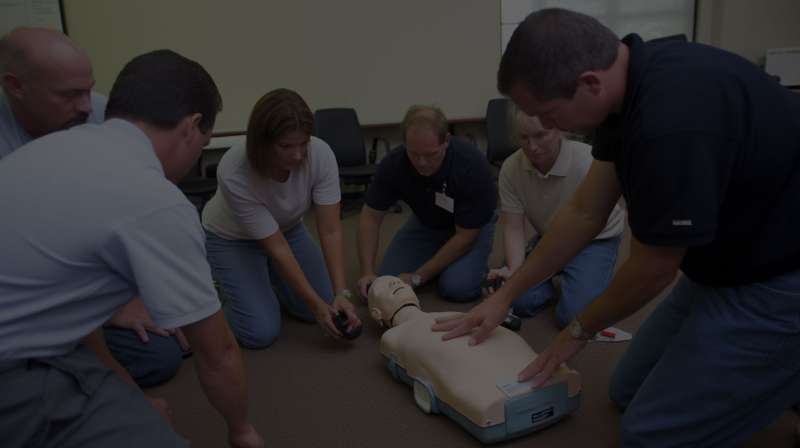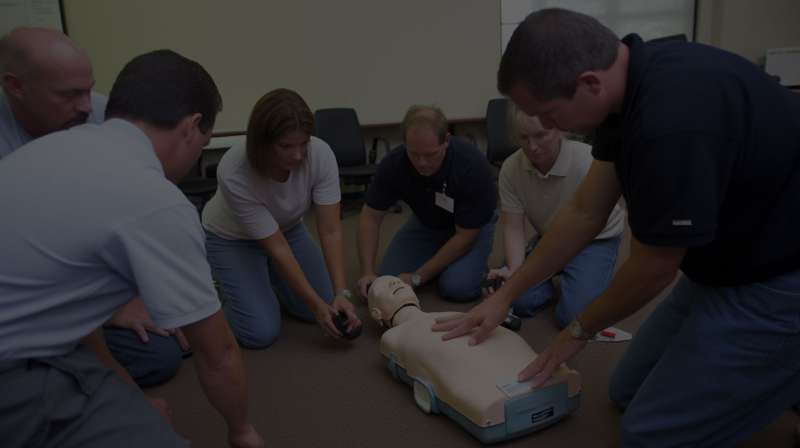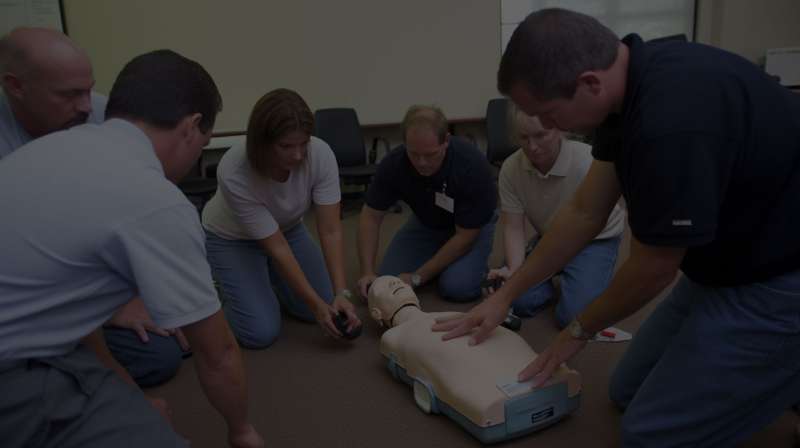At the element level, oxygen is a gas (at room temperature) which is colorless, odorless and tasteless. Two oxygen atoms join to form a single oxygen molecule, hence the term O2.
For animals, breathing is the most important use of oxygen and in terms of physiology, our respiratory system and circulatory system carries oxygen to our cells and organs.
Why is oxygen important?
Oxygen is essential for respiration because the body uses it to 'burn' food molecules. Animals take in oxygen when inhaling and give off carbon dioxide when exhaling.
Oxygen makes up almost 21% of the total gases in air, with most of the remaining gas being physiologically inert nitrogen. Although we inhale 21% oxygen, a person's exhaled breath contains about 16%.
This means that the human body only uses about one quarter of the O2 inhaled, leaving sufficient available for rescue breaths. This is why rescue breathing works - it can supply a non breathing patient with enough oxygen to support life.




Share on social media